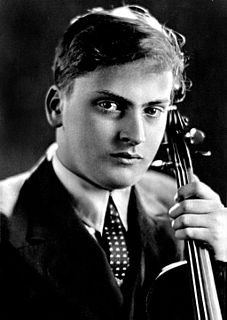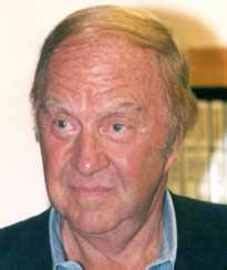A Quote by Alix Kates Shulman
Fiction is ideally suited to re-creating the important emotional aspects of history.
Related Quotes
I think it's important to humanize history; fiction can help us remember. A lot of books I've read in the past have been so much more important than textbooks - there is an emotional connection with one particular person. I'm very much of a research-is-important type of fiction writer, even for contemporary fiction. I wrote about blogs in America and I've never blogged. But I read many, many blogs - usually about feminist things, or about race, or about hair.
Science fiction is the most important literature in the history of the world, because it's the history of ideas, the history of our civilization birthing itself. ...Science fiction is central to everything we've ever done, and people who make fun of science fiction writers don't know what they're talking about.
Fiction and nonfiction are not so easily divided. Fiction may not be real, but it's true; it goes beyond the garland of facts to get to emotional and psychological truths. As for nonfiction, for history, it may be real, but its truth is slippery, hard to access, with no fixed meaning bolted to it. If history doesn't become story, it dies to everyone except the historian.
Today, the world is so small and so interdependent that the concept of war has become anachronistic, an outmoded approach. As a rule, we always talk about reform and changes. Among the old traditions, there are many aspects that are either ill-suited to our present reality or are counterproductive due to their shortsightedness. These, we have consigned to the dustbin of history. War too should be relegated to the dustbin of history.
Transmedia storytelling represents a process where integral elements of a fiction get dispersed systematically across multiple delivery channels for the purpose of creating a unified and coordinated entertainment experience. Ideally, each medium makes its own unique contribution to the unfolding of the story.





































